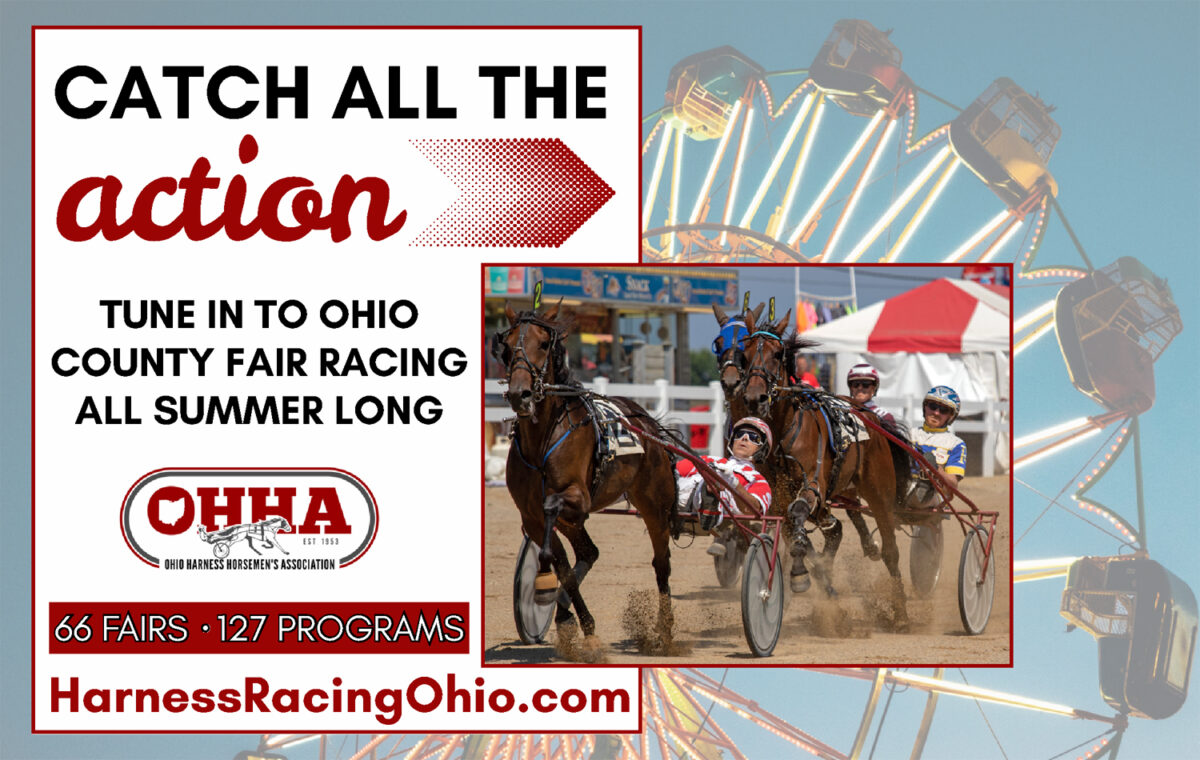Supreme Court ruling keeps Jersey sports betting hopes alive
by Bill Finley
Courtesy Thoroughbred Daily News
While not quite the victory the New Jersey Thoroughbred Horsemen’s Association (NJTHA) was looking for, a decision made Tuesday (Jan. 17) by the United States Supreme Court means the fight to bring sports betting to New Jersey’s racetracks and casinos will continue.
Having lost its case in a lower court, the NJTHA, which operates Monmouth Park, asked the Supreme Court to hear the case regarding whether or not sports betting can be made legal in New Jersey. In most cases, the Supreme Court either rejects a case or agrees to hear it. Instead, the court put the case in temporary limbo and asked the Solicitor General to weigh in with its views of the merits of the legalities of New Jersey sports betting before deciding whether to hear the case.
“Their decision to ask for input from the Solicitor General means that one or more judges thinks there is some merit to the position and they want to know what the Solicitor General has to say,” said Dennis Drazin, the head of the team that runs Monmouth. “If they didn’t think there was any merit at all they would have denied the petition. Instead they came out with an order on Tuesday that invited the Solicitor General to file a brief with their position, which is good news. This is still a long shot and it does not mean they are definitely going to hear the case.”
The Supreme Court justices met Friday to consider the merits of hearing roughly 100 possible cases. The sports betting case was the only one they did not deny to hear.
At this point, in order for sports betting to became a reality in New Jersey the Supreme Court has to both agree to hear the case and then rule in favor of the horsemen in a case that is officially known as New Jersey Thoroughbred Horsemen v. National Collegiate Athletic Association. Among the NCAA and the four major sports leagues, only the NBA has shown signs of siding with those who want to legalize sports betting in the U.S. outside of the four states that are now allowed to accept some forms of betting on games.
Drazin said there are several reasons he believes the court should side with his position, including what he calls the “commandeering argument.” In 2011, New Jersey voters overwhelmingly approved an amendment legalizing sports betting in the state. The leagues successfully sued on the grounds that the New Jersey law could not circumvent federal laws, and the case has been bouncing back and forth in the courts ever since.
“The ‘commandeering argument’ is an argument that says the Federal Government can’t commandeer or compel a state to enforce a law or spend resources on something that its voters and legislators have decided to repeal,” Drazin explained. “It is a state’s rights issue. What the Federal Government is saying in effect is you have repealed this law and it’s not okay with us that you repealed it. The courts have said you are required to enforce a federal law even though your voters have said we don’t want this law on the books anymore.”
The pro-sports betting forces also argue that it is unconstitutional for the Federal Government to allow for sports betting in four starts (Nevada, Oregon, Delaware and Montana) and ban it in the other 46 states.
President-Elect Donald Trump has yet to name a new Solicitor General, but if the appointee is in sync with Trump’s feelings about sports betting that should be a good thing for the New Jersey Thoroughbred Horsemen. Not only has Trump been involved in the gambling business as a casino owner, but he is on the record supporting legalized sports betting throughout the U.S.
“I’m okay with [sports betting and daily fantasy sports] because it’s happening anyway,” Trump told Fox Sport’s Colin Cowherd in a 2015 interview. “Whether you have [legalized sports betting] or you don’t have it, you have it.”
In an ironic twist, Trump’s older sister, Maryanne Trump Barry is a senior judge of the United States Court of Appeals for the Third Circuit, the last court to hear the case prior to it being sent to the Supreme Court for consideration. Barry voted against the horsemen.
















